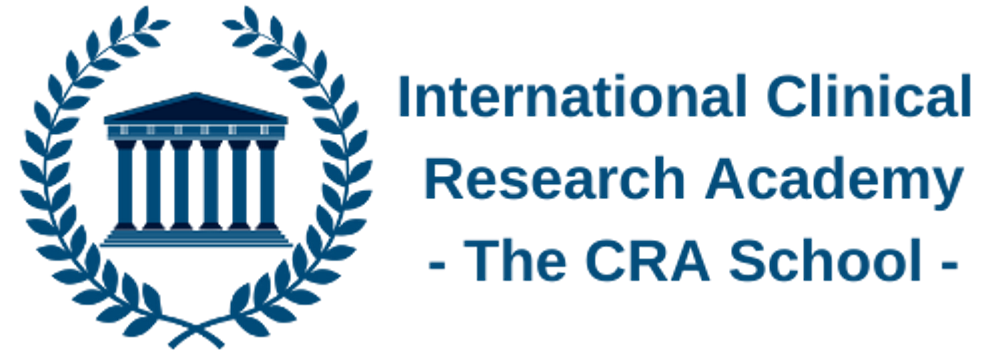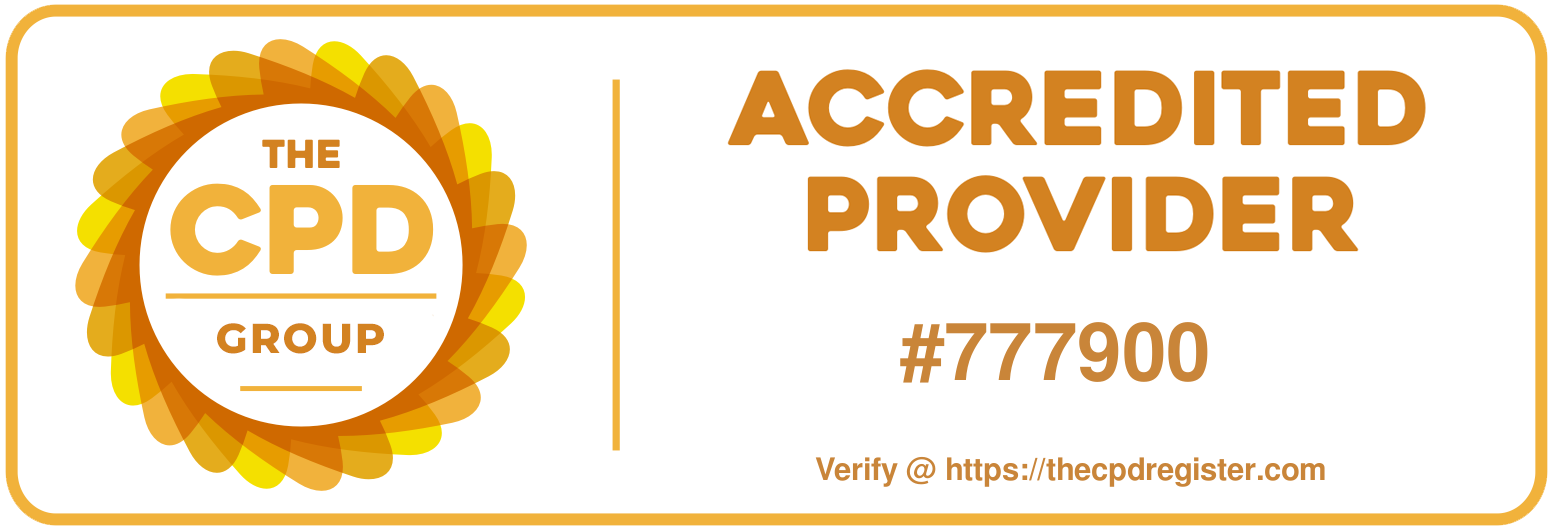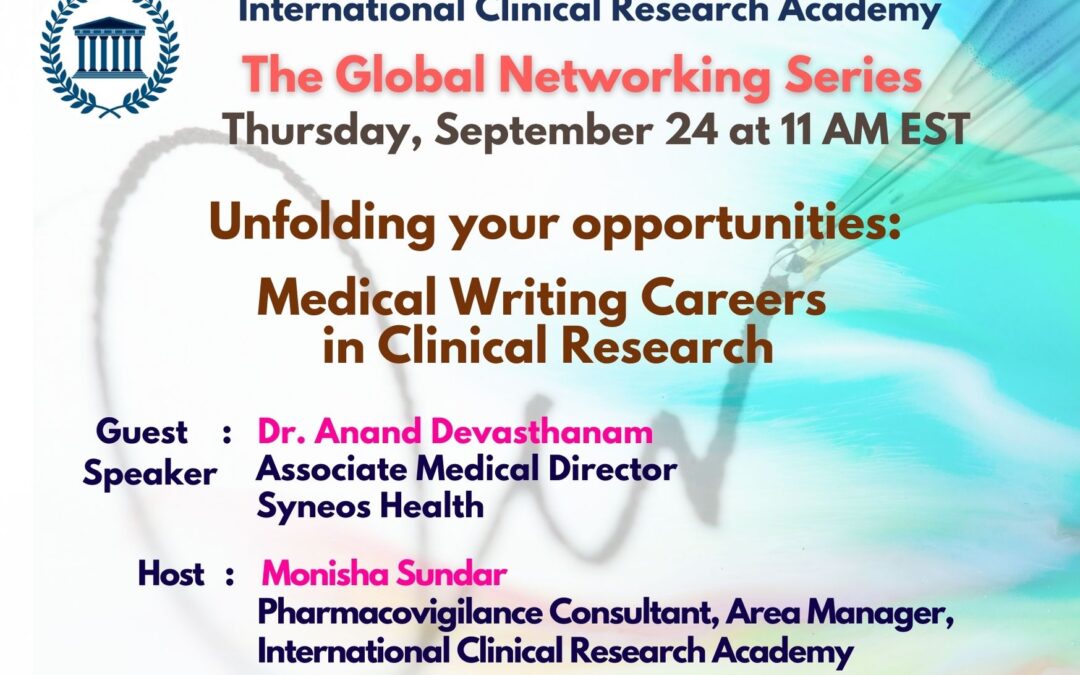Are you MSc/PhD or MD/PharmD ? Uncover your full potential
by getting a rewarding career in clinical research medical writing:
THE MEDICAL WRITING CAREERS
IN THE CLINICAL TRIALS INDUSTRY
3 key arguments why they are interesting
if you are a PhD or MD/BDS/DVM/PharmD
Speaker:

Dr Anand Devasthanam, PhD Ass. Medical Director Syneos Health, Boston
Dr Anand Devasthanam, PhD, Ass. Medical Director, Syneos Health, Boston
* Sept. 24 (Thursday) from 11:00 A.M., E.S.T. *
*Remote jobs, you can work from home for any company worldwide*
CRA-School Virtual Global Career Events Series.
Free event. Register here
- What is the interest of the Medical Writing careers
If you have a PhD and love science, but don’t particularly like doing it and wait for hours a reaction to finish, then the rewarding role of a Medical Writer can be exactly what you need. Working in clinical trials on new treatments for several companies will keep you at the edge of the scientific development. If you have a foreign medical degree, getting a license to practice may be difficult to obtain, until the Medical Writer role allows staying in your field of competence and have a very interesting income.
- What is the Medical Writing role
The term “medical writing” includes different types of highly specialized work for media, government and industry clients. Pharmaceutical companies, medical device manufacturers, and clinical research organizations (CROs) use GCP qualified medical editors to prepare regulatory documents used to obtain approval for new drugs and the devices. Medical writers help also physician-investigators write research articles, monographs, and reviews on clinical research related topics.
- The educational role of the Medical Writer
Continuing Medical Education (CME) companies need medical writers to produce educational materials and Power Point presentations that doctors and nurses will use to apply for license renewals. Medical writers produce sales training materials, press releases for industry, and fact sheets or website materials. Medical editors also write articles for researchers about their findings for medical journals, websites, newsletters, magazines, newspapers, and any other media when this includes coverage of health and medical issues.
- What is the task of the Medical Writer
Employers and potential clients need highly scientifically qualified writers, who can translate clinical research studies into accurate language which is not overloaded with highly specialized terminology and jargon, to make it understandable to audiences that include regulators, health professionals, investors, or the general population (usually not for all of them at the same time). Besides the factual accuracy, the priority in medical writing is clarity.
- Why working in the clinical trials industry
The advantage of the clinical trials industry is that there it needs the scientific competences of the medical writers, but there is no need of exams and recognized diplomas, nor a licence to practice, because a clinical trial is an observational activity, that collects data from a big number of participants about the risks and efficacy of a new treatment to apply for marketing approval. Except the physicians-investigators and the nurses, nobody performs medical acts.
- What is clinical research and clinical trial
The safety of new treatments is tested first on animals, but they cannot speak and tell us exactly hw they feel, theefore the testing must continue with human volunteers. Regulatory Affairs jobs are about compliance to the laws and regulations: verifying do physicians-investigators comply with the regulations that protect the participants from harm, and assuring that the data generated by them is valid and correct, e.g., not manipulated, before submitting it to statistical analysis.
- What skills must have the Medical Writer
Medical writers need solid writing skills, attention to detail and accuracy, plus the ability to analyze scientific ideas and to present logically complex information. Usually the preferred qualification is PhD, MD, veterinarian, dentist, pharmacist, or even nurse with 4-5 years clinical research experience, with fluent oral and written English, and good writing and presentation skills.
Working with doctors, marketing specialists and other members of the employer’s organization in developing medical education materials requires abilities to work in a team, diplomacy and good communication skills.
Being often a free-lancer role, it requires good abilities for networking and self-branding, and some knowledge of sales and negotiation techniques. The flexibility that the role offers and the possibility to work from home allow excellent work – family balance conciliation.


